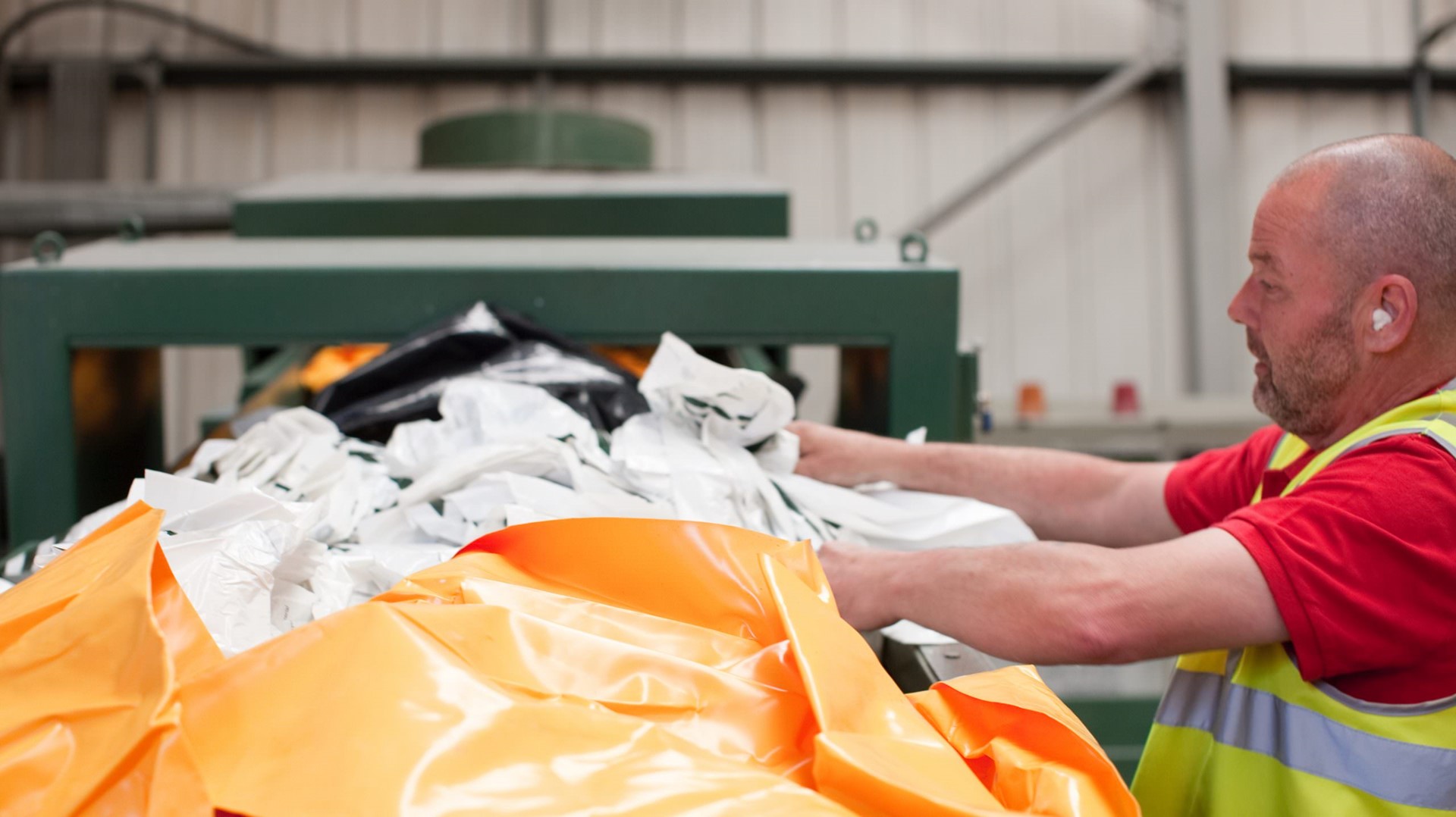Government confirms packaging shake-up
07 August 2019

07 August 2019

Earlier this year, the government launched a suite of public consultations on implementing a plastic packaging tax, reforming packaging regulations with a new producer responsibility system, introducing a consistent set of recyclable materials to be collected from all homes and businesses, and launching a nationwide ‘deposit return scheme’ (DRS) for plastic bottles.
The official responses for three of the four consultations have now been published.
On packaging regulations, the government confirmed it will introduce a new extended producer responsibility (EPR) scheme for all packaging producers and handlers by 2023.
Specific details on how the system will work will be detailed in a further consultation in 2020, but it is clear the government wants a regime that places full responsibility on business to pay for the recovery of waste packaging. The hope is that this will incentivise companies to use less, and easier-to-recycle, packaging.
The current EPR system for packaging only recovers around 10 per cent of the costs of managing packaging waste, with the rest of the bill footed by the taxpayer.
Concerning consistent recycling collections from homes and businesses across the country, from 2023 the government will legislate for all councils in England to collect glass bottles and containers; paper and card; plastic bottles, containers, tubs and trays; and steel and aluminium tins and cans.
Legislation will also be amended to require all businesses to separate their ‘dry recycling’ from residual waste, as well as food waste where sufficient.
Finally, the government has confirmed plans to introduce a nationwide DRS system for drinks containers from 2023, which will allow consumers to deposit used containers at designated recycling stations for a refund. The exact approach and scope of materials covered by the scheme are yet to be decided.
Meanwhile, the government is still deliberating on its approach to introducing a plastic packaging tax, which would apply to the manufacture and import of plastic packaging which contains less than 30 per cent recycled material. Recent research suggests the tax should be set at £150 per tonne.
Share